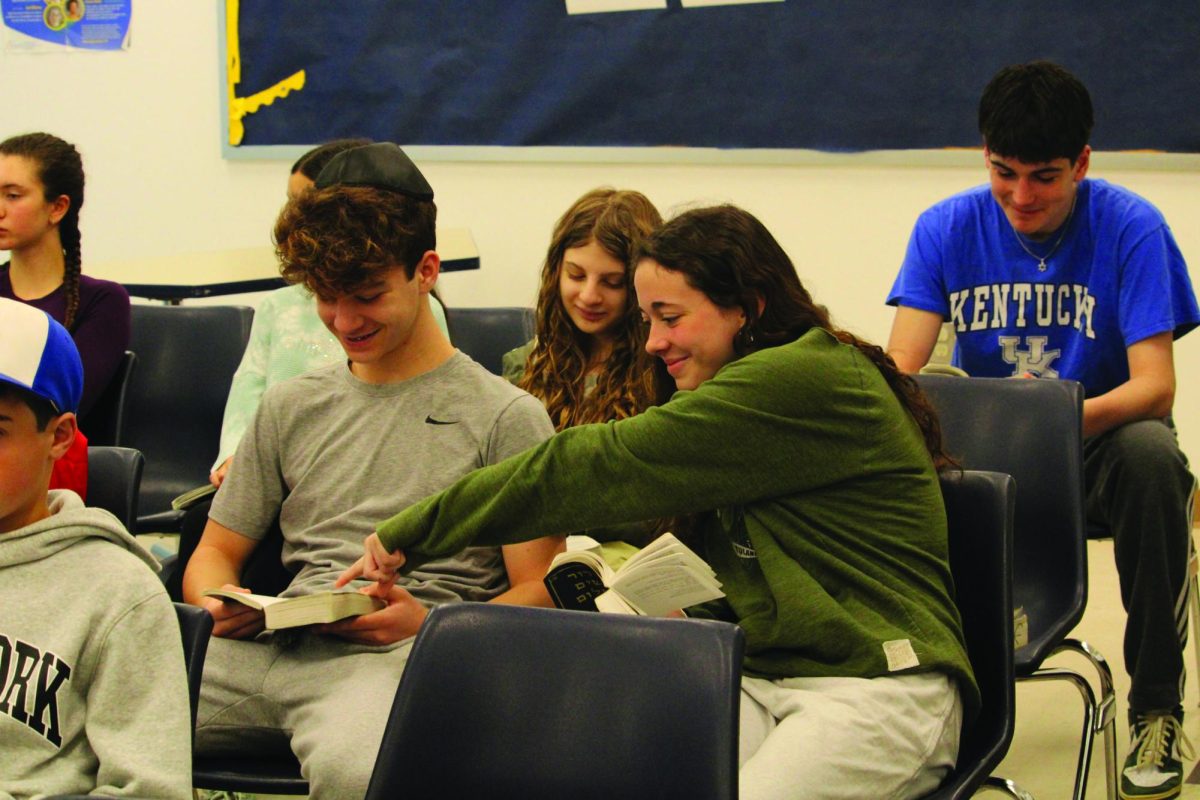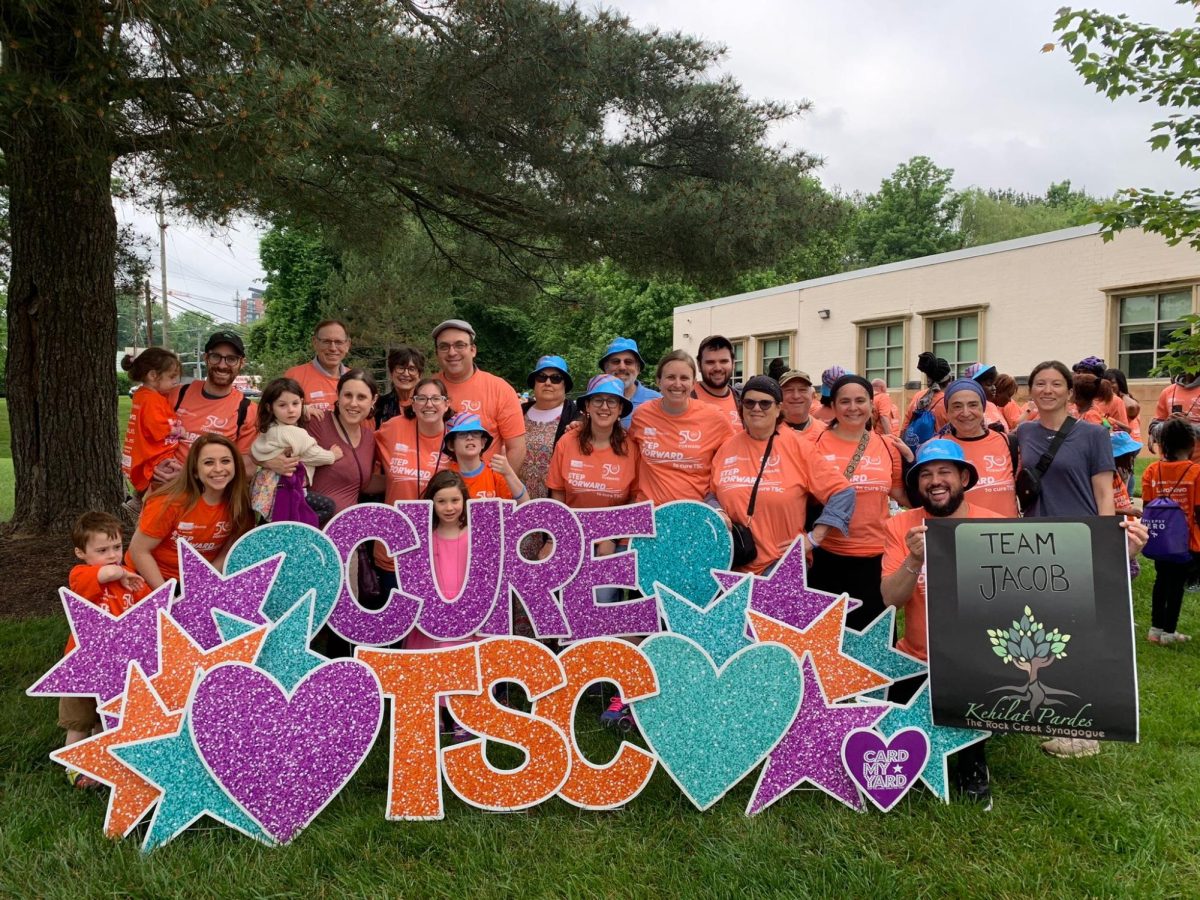While Hurricane Helene may be a distant memory for those unaffected by it, the impacted communities are still dealing with the aftereffects. Helene was a category four hurricane and is considered the deadliest mainland hurricane since Katrina in 2005. Helene had particularly devastating impacts on agriculture, affecting the wellbeing of animals and crops on farms.
The hurricane hit many states and U.S. territories, including North Carolina, South Carolina, Florida, Georgia and Tennessee. It also hit Cuba, the Yucatan Peninsula and the Cayman Islands. However, in the wake of such a disaster, communities have come together to help those in need. Many have donated necessities such as feed for animals or diapers for infants. Others have helped bring aid like food, water and medical supplies.
Director of Regional Operations for the American Jewish Committee Wendy Rhein also serves as the owner and operator of Chutzpah Hollow farm in Tryon, North Carolina, and was directly affected by the hurricane. In her work as a farmer, which mostly includes taking care of her animals like sheep and chickens, Rhein makes sure her religious values are ingrained in how she operates her farm.
Preparing for a hurricane as a farmer brings many challenges. Rhein had to trim trees near structures so they wouldn’t fall and break things, move all of her animals to higher ground and make sure they had enough food and fresh water to last through the hurricane.
Rhein became interested in farming when she started learning more about where her food came from and how it impacted her family’s health. As she got older, she decided she wanted to be involved in that process. Thus, she began her research and was able to buy her own farm in 2021. She now produces most of what she eats, as she grows things like figs and walnuts and slaughters some of her animals in accordance to Jewish Law.
When the hurricane first hit, a river gathered at the base of Rhein’s property, and picked up things like logs, tires and a washing machine along the way. In the storm, Rhein could hear trees falling, and her basement ended up flooding. As a result of the flooding, she lost three outbuildings holding crucial materials and equipment. Although there was damage, Rhein considered herself lucky compared to the damage other farms experienced.
“They won’t have a water system in Asheville for many months, and all the schools are still out there. They don’t know when they’re getting those kids back to school, it’s disrupted everything,” Rhein said.
Rhein knew one family that lost their house and farm, including 600 sheep. The family spent decades selectively breeding the flock to achieve their desired traits, but the hurricane resulted in them losing it all. Stories like these inspired Rhein to help her community.
Following the hurricane, Rhein contacted someone she knows who works at World Central Kitchen, an organization that provides meals to people under climate or humanitarian crises. She was able to get two thousand meals donated to her town not only to feed people, but also allowed for a new source of income to farmers who supply World Central Kitchen with produce.
Helping out her community is not new to Rhein. For example, she follows the ancient Judaic tradition of tithing, where you save 10% of your crops and donate them to those in need.
“It’s a lot easier to remember that whatever is happening to you is maybe not such a big thing when you can offer whatever you have, whatever skill you have, whatever strength you have, to somebody else,” Rhein said.
Rhein wasn’t the only one who helped contribute to her community during difficult times. Freida Graber, owner of Martha’s Amish Bakery, and Star Thompson, owner of Emerald Springs Farm, set up nightly dinners at Graber’s bakery, although they only started out by passing out cans of soup.
“I feel like my role was kind of just opening the doors and facilitating some stuff,” Graber said. “And then there was a whole group of people that started, and quite a few farmers came in, and they were doing the cooking. And it grew from there.”
According to Graber, the most important things people needed were food and water, but the bakery also offered a sense of community and a place people could go to connect with others.
Now, Graber and Thompson’s efforts are more focused on the long term. They are meeting individually with farmers to see what their specific needs are and how they can help.
“It’s probably one of the most humbling experiences I’ve been through just seeing our community come together and people from all over really come into our aid,” Thompson said.













Iris Tolksdorf • Nov 19, 2024 at 11:45 am
Lena Lourenco’s timely article, “Faith and Farming” incorporated many important themes for all of us to remember: applying our religious values in our work and in our relations with our neighbors. She emphasized how Wendy Rhein’s faith affected her role as a farmer and as a member of her devastated farming community. I applaud Lena Lourenco’s skillful writing.
Jacqui Goldstein • Nov 18, 2024 at 9:59 pm
What an extraordinary essay. Beautifully written, with so much compassion and understanding. Thanks to Lena Lourenco for pointing out how important community is in times of trouble and how working to help others can get us through difficult times. So much wisdom!